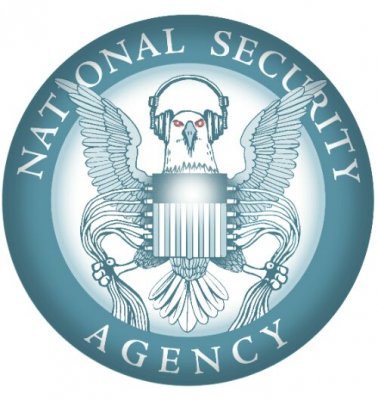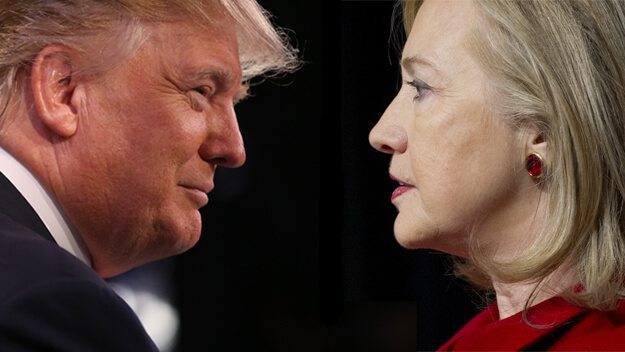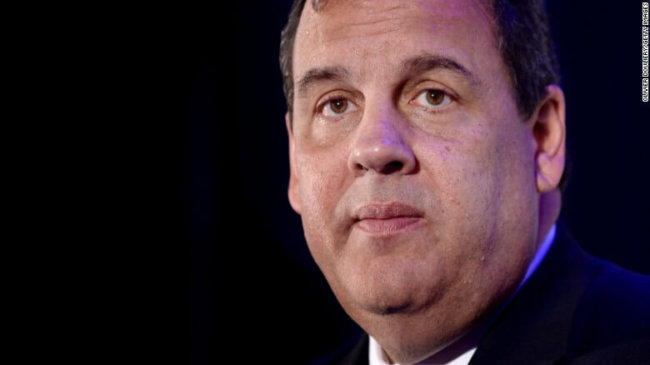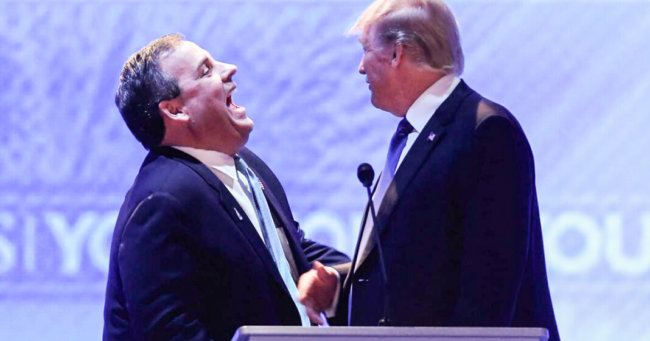He sees you when you’re sleeping. He knows when you’re awake. He knows if you’ve been good or bad… mostly by checking your Facebook status updates and by screening your calls. Because these days, it seems that Santa’s working for the National Security Agency. Or at least that’s where public opinion seems to be going, with more alleged revelations appearing of secret programs allowing the government to spy on its own citizens. And though these findings are polarizing the nation—with some finding shades of totalitarian overreach where others see a yawn-worthy media blowup—the true consequences of these allegations remain to be known.
Media Matters
A quick rewind first. Before exploring where this latest scandal is going, we need to know where it began. Mainly: the media. Or rather, media reports of documents leaked by a whistleblower (and more on that in a minute). The ball started rolling June 6 when British newspaper “The Guardian” published the first in a series of major scoops alleging that the NSA—America’s largest intelligence-gathering agency—has been collecting million of phone records from mega communication corporation Verizon’s US customers. Classified documents then showed that this exchange had been going on for seven years, and that AT&T and Sprint Nextel were also part of the massive observation program. Further reporting from “The Guardian” uncovered the existence of an Internet surveillance system called PRISM, tasked with monitoring private user data from key tech companies like Facebook, Google, and Microsoft. Since then, reports of more alleged government prying have been bubbling over the Internet, with “The Guardian” and other newspapers leading the charge. It’s no wonder that a reader’s first reaction might be to go sell your iPhone 4 or other piece of tech that could serve as a window for the seeming peeping Tom that is the government. But as with any allegation, the back story is only the tip of the iceberg.
Consequences
Now that the charges of creepy Big Brotherism have been publicly levied against the government (with all three branches seemingly in cahoots), the next part of this long saga is figuring out what will happen to all the players, and what policy changes will spring from this. First up on the list is the man who leaked the incriminating documents, 29-year-old former CIA employee Edward Snowden. After publicly outing himself as the secret source behind “The Guardian’s” reports, Snowden fled the country and hid in Hong Kong… which may not have been the smartest first choice, as pundits were quick to find that the Chinese territory’s extradition policies almost always allow for the deportation of wanted criminals. This, of course, would depend on the whistleblower actually being branded a criminal. As of early June, no formal charges have been filed, though the chances are high that a warrant will be issued for Snowden’s arrest under a 1917 anti-espionage law. Snowden himself has acknowledged as much, as has famed informant Daniel Ellsberg—of Pentagon Papers fame—who referred to Snowden as a hero while recognizing his chances of being prosecuted are pretty high.
And then there’s the matter of the policies that have caused all these problems. While the president himself has publicly defended them, saying the agencies are not actually reviewing citizen data, public opinion on the subject remains mixed. A recent poll by “The Washington Post” found that 56 percent of Americans believed the NSA’s collection of phone records to be acceptable, while 41 percent saw the practice as unacceptable. Pundits are equally divided, with an odd coalition of Obama-detracting conservatives, freedom-first libertarians and privacy-protecting liberals all raging against the NSA programs. Others (especially long-time Obama supporters and, oddly enough, security minded neoconservatives) have begun their own media campaigns against the scandal, swapping away at Orwellian accusations of a surveillance state and refusing to call Snowden’s actions heroic.
More to Come?
As the more emotional aspects of the fiasco settle, it’ll be up to either Congress or the courts to review what’s perceived as the most troubling aspects of the policies. Individual suits against the telephone companies or the government itself may lead to the further declassification of secret documents, as could any possible congressional inquest resulting from the leaks. Once this treasure trove of information is made public, there’s no knowing what new scandals will erupt, and whose careers will be ruined. Only time—and more transparency—will tell.









